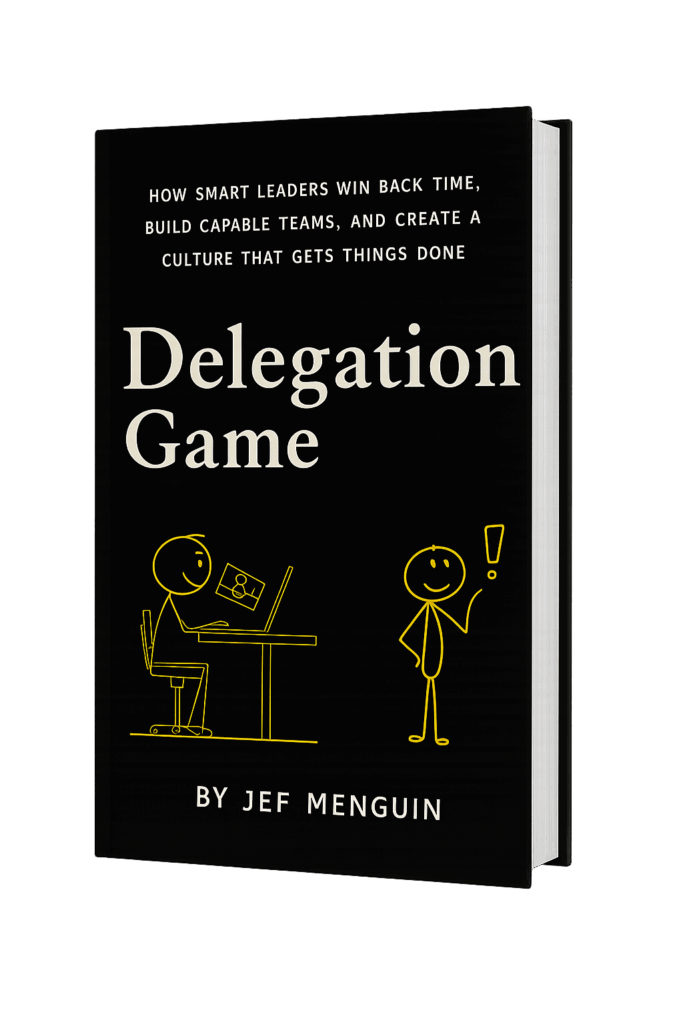Yes, there are more than six leadership theories. Every year, new experts come up with their leadership theories. Our ideas about leadership are growing and evolving. But unlike evolution, none of these popular theories or models became extinct.
Great Man Theory
Leaders are born to lead. All others are meant to follow them, even have to die for them. People who accept this leadership theory are either ready to lead or be the subject of someone’s leadership.
Royalties are leaders because of their bloodlines. Some even think that God chose the Queen. People give them money and allow them to have affluent lives because they are born to lead.
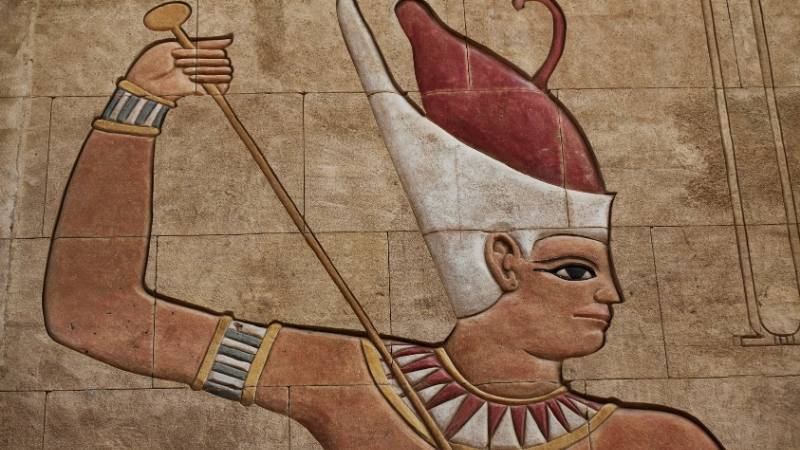
Some of his followers revere Donald Trump because he was born to lead. And all his children are meant to become Presidents of the United States of America.
Yeah, we no longer live in the world of kings, queens, and nobles. But some people want to bring back the old days. Why? Because they believe in white supremacy too.
Here in our backyard, some Filipinos believe that God chose Duterte to lead our country. It does not matter what he says or does because some people think that he is Got-sent.
Laughable the Great Man Theory may sound to many of us today, let us remember that there was a time that people take leadership roles because of their bloodlines.
Leadership Trait Theory
You’ve got what it takes to be a leader. You can identify potential leaders because their qualities and traits show they’ll be great leaders. This theory is the trait theory of leadership.
Either you have it, or you don’t.
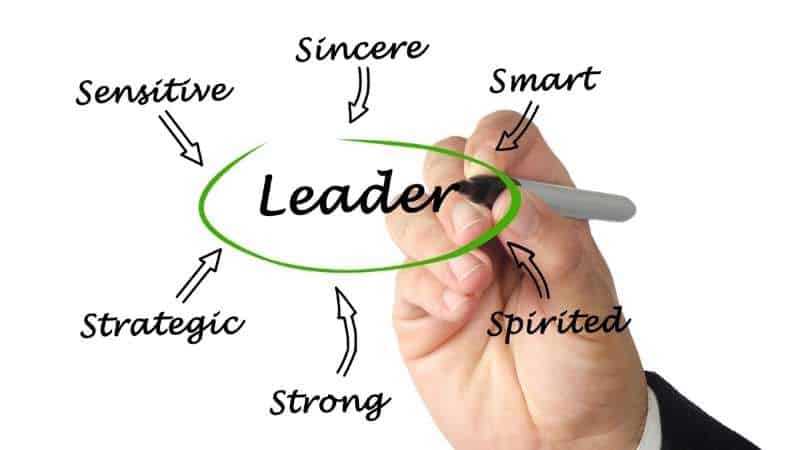
It is similar to the Great Man Theory. But, even those outside of the royal bloodline can be leaders. This theory may sound arbitrary. It seems that any expert can come up with traits of great leaders.
But some people believe this.
James Kouzes and Barry Posner interviewed 75,000 leaders, asking them about the top ten leadership characteristics they need to see in someone to follow the person willingly. Here are the most popular traits:
Honest
Forward-Looking
Competent
Inspiring
Intelligent
Pair-minded
Broad-mindset
Supportive
Straightforward
Dependable
Cooperative
Determined
Imaginative
Ambitious
Courageous
Caring
Mature
Loyal
Self-Controlled
Independent
I can come up with a longer list.
My definition for each trait will be different from other experts. The mold of leadership, therefore, won’t be exact and consistent.
Behavioral Theory
Your actions show your leadership. The behavioral school does not support the theory that one becomes a leader because of bloodline or trait. Of course, one can say that behaviors manifest the “traits” listed above. So, this school does not oppose entirely the idea that personal traits manifest leadership potential.
But the behavioral school offers hope to all of us.
People can learn new behaviors. There are leadership behaviors. That means you can learn how to lead.

At the surface level, it seems that one only needs to learn the “behaviors” of great leaders. Thousands of books have been printed that tell stories of great leaders, how they behave, and the results of their behaviors. One famous book is How to Make Friends and Influence People.
Remember, leadership is influence. Your ability to influence others determines the extent of your leadership.
This theory sounds good.
But there is always a context in every story and behavior. It is not one-size-fits-all. You cannot imitate great leaders and expect yourself to be great.
The Contingency Theory
Leaders adapt their style to their unique situations. People and situations are never the same. Leaders must learn how to adjust their approach to the intention, the people on the team, and the leaders relationship with everyone. The contingency theory is a flexible and realistic approach.
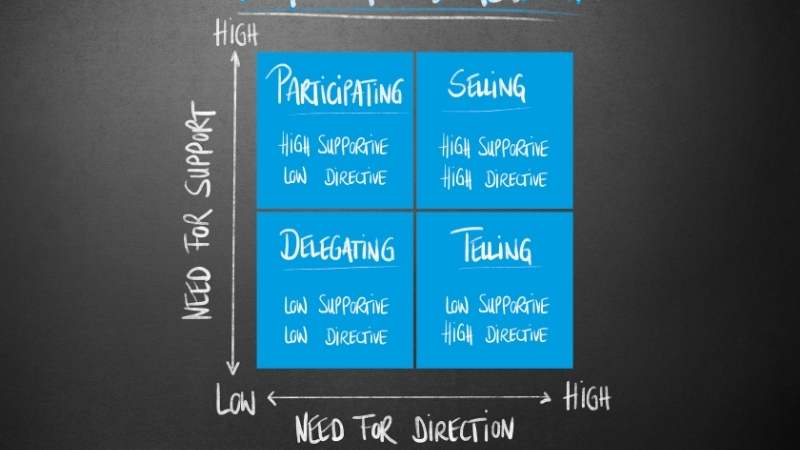
Before the pandemic, people talk about situational leadership. These days, you will hear about adaptive leadership. Both of these are types of the contingency model.
Literature on leadership talks about one way, the right way, of leadership. Contingency Theory advances that there is no one right way. There are many ways, and each way is dependent on many factors.
Yes, one cannot compare the leadership of Jacinda Ardern and Rody Duterte during the pandemic. The first is a success.
We have to consider the leader, his intention, his people, and his relationship with them. Understand that some Filipinos still think that Rody Duterte is a God-given leader and delivers his best 24/7. It does not matter to these people that there are best practices out there, and they can behave like those successful leaders.
Leadership, therefore, cannot be fully explained by theories.
Let us continue.
Transactional Leadership Theory
Leadership is a cross between business and social transactions.
You can understand this theory in the context of business. There are organizational hierarchies and structures in a business organization. Some people are leaders, and others are followers. There is an agreement as to the mandate of each.

For example, you can become a leader by becoming a business owner. You hire employees who become your followers. You give them orders; they follow. In return, you compensate them for following your orders. The relationship is transactional.
In the government, we have public servants. They are supposed to serve us, citizens. We hired them to work for us.
Even the President is a public servant. All elected officials are meant to serve us based on their mandate. We hired them when we elected them.
This idea of the President as a public servant should be easy to understand. We even have a law that emphasizes the duty of public servants.
But in the Philippines, though many government employees consider work transactional, our relationship with our political leaders is never transactional. Though they are called public servants, many Filipinos view their mayors, congress members, governors, senators, and presidents as patrons.
In our context, we citizens never became the bosses. We became beneficiaries of our politicians’ generosity.
And even though transactional theory advances good governance, people, in general, want leadership beyond a business transaction. We want leaders to transform us.
Transformational Leadership
Transformational leaders are visionary leaders. A leader is an inspiring figure who works with followers to achieve a goal. People trust the leader can make change happen.
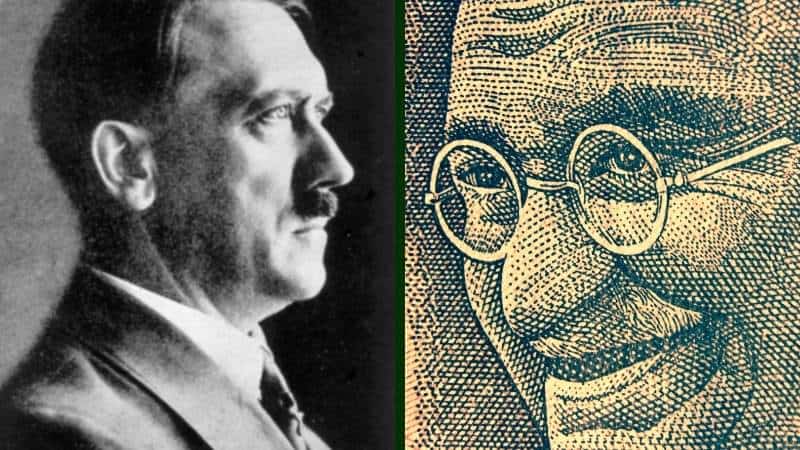
Transformational leadership is popular today. We all want leaders who can bring us to the future we genuinely care about. A transformational leader can be a king, an elected official, or someone hired to make real change happen.
People are tired and sick of the same-old, same-old way of doing things. They want change to happen now.
Many Filipinos think that Rody Duterte is a transformational leader. He promised that “Change Is Coming.” He has loyal supporters called DDS (Diehard Duterte Supporters) who do not care about his words and behaviors as long as he delivers the promise.
Some Americans believe that the God-sent Donal Trump can “Make America Great Again.”
Some Germans thought that Hitler could make the German Nation great for a thousand years.
Gandi wanted India to become independent. He transformed India.
Transformational leaders do not have to be good people. They only need people who believe in their vision and who allow them to make change happen.
Conclusion
In discussing the leadership models, I gave examples to highlight that some leaders and followers may explain their leadership using different theories.
President Duterte, for example, is a great man and hero to some. He is God-sent, and some said they are too willing to offer their daughters to him.
Some people believe that he has great leadership traits because to them he is authentic, honest, brave, and bold (it does not matter if the opposite is also true).
Some people think that he behaves with “tapang” and “malasakit.” Some believe that as a traditional politician, he is both transactional and transformational. His metaphor is war, and he calls his lieutenants czars. The man promises change but he said because he is incapable of change, for he is what he is.
I encourage Filipinos to pursue personal development and pay attention to daily self-improvement because we are all capable. One cannot be a transformational leader unless he wants to transform himself.
Knowing these six popular leadership theories help us understand leaders and their followers. If we see things from their perspectives, we give ourselves bigger room to lead from where they are.
I say we need transformational leaders today. But he must always think of themselves as servants, not kings. They must equip themselves with competencies to bring about change.



